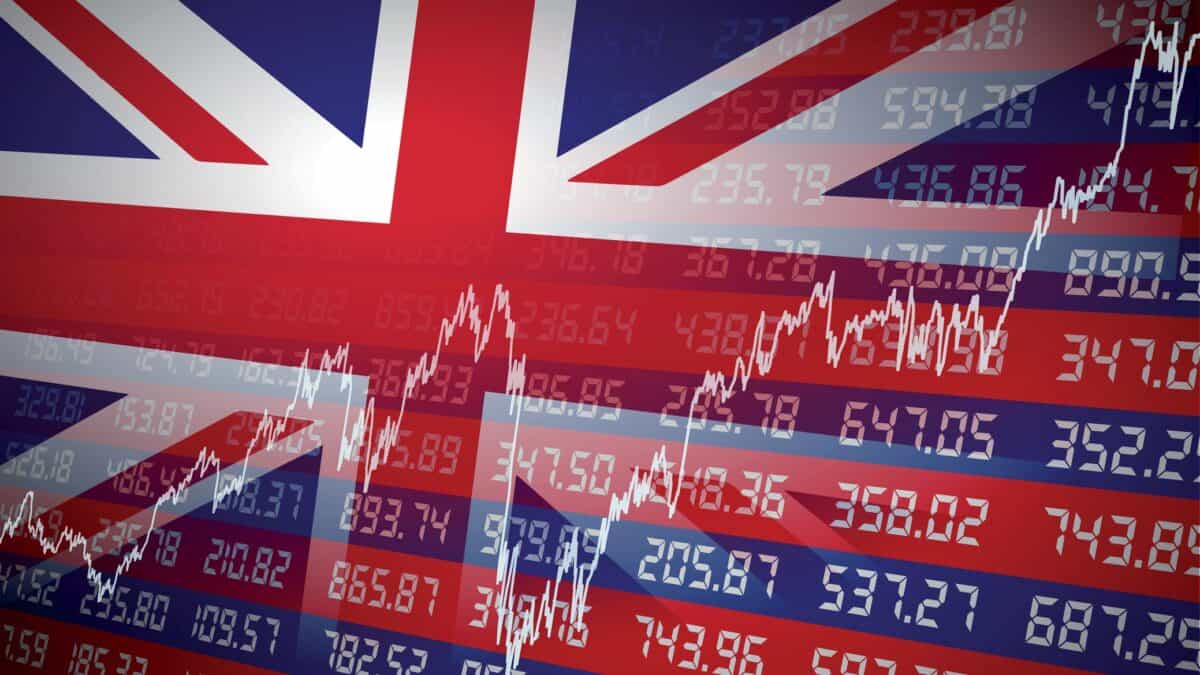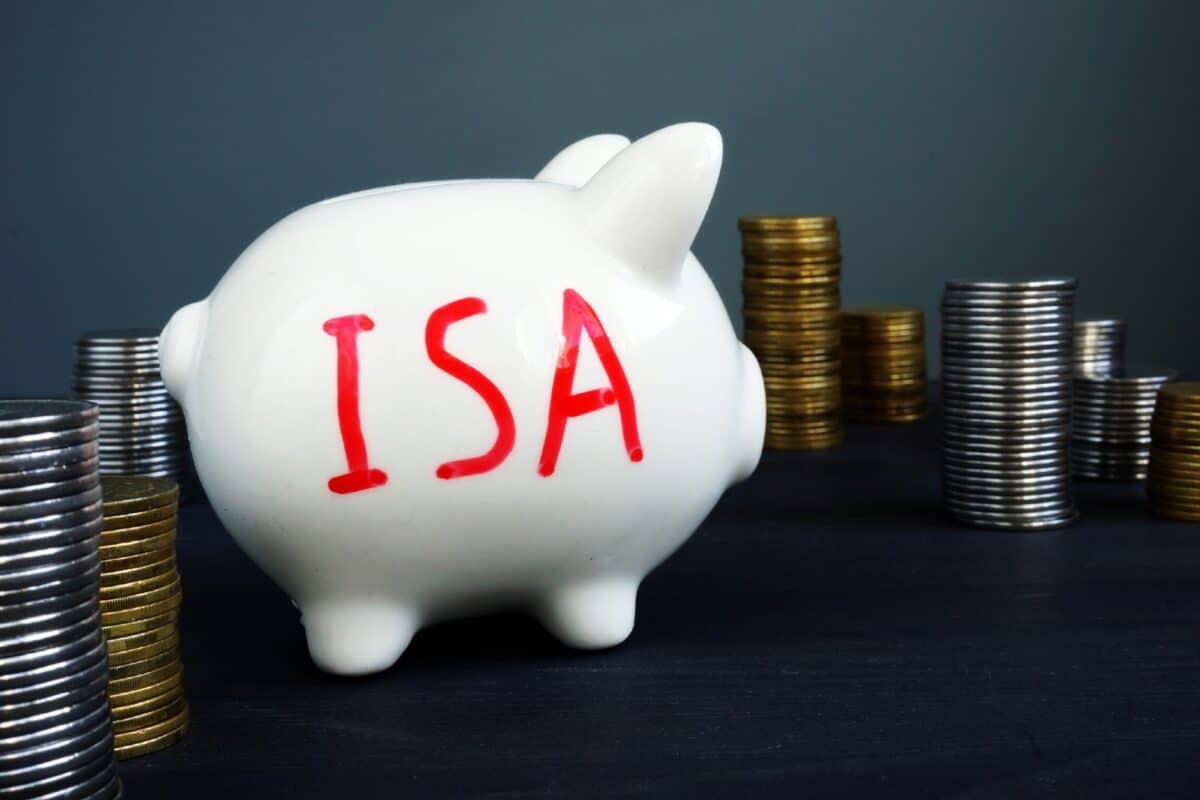Image source: Getty Images
Value investors will often be drawn to FTSE shares given the relative underperformance of the headline FTSE 100 index and comparably cheap valuations. After all, investors want to buy companies that look cheap, offering opportunity for capital gains or sizeable dividend payments.
Down but not out
While share prices and the UK index may have crept up since the Brexit vote, the reality is that British stocks are now cheaper based on their value relative to reported earnings. There are many ways to unpack this, but, put simply, global capital (institutions and people’s money) has preferred other markets (notably the US) and other asset classes (such as bonds and cash) to UK-listed stocks.
However, many investors find opportunity in this type of disappointment. Dividend yields have risen significantly to just over 4% today, up from 3.5% a decade ago, signalling more passive income potential. Likewise, stocks are simply cheaper on a near-term basis than they were and than their US counterparts. Logic suggests that this will correct itself eventually.
Excited? Hang on a second
While many analysts and investors recognise that FTSE stocks are undervalued relative to their potential, the ‘cheap’ tag can be misleading. Investors typically make investment decisions based on the future performance of a stock. However, the UK’s economic forecast simply isn’t that exciting and that means many companies will struggle to deliver the type of earnings growth we can expect from the US. With this in mind, market participants may need to be more selective in their approach to investing.
Cheap for no reason
Investors essentially want to find the stocks that are cheap for no real reason. Companies like Diageo and Unilever are interesting cases in point. They make the majority of their income overseas, but trade at a discount to their US counterparts.
There’s a similar logic to investing in International Consolidated Airlines Group (LSE:IAG). This top-rated stock, which is top-rated by quantitative models, operates airlines like Iberia, British Airways, and Aer Lingus. It serves markets across Europe, North America, and Latin America as well as — to a lesser extent — Asia and Africa.
Despite operating in partnership with American Airlines, having a strong foothold in transatlantic routes, and having a near sector-topping return on capital, the London-based firm trades with a 25% discount to its closest US peer.
Moreover, with an increasingly fuel efficient fleet, a strong record for fuel hedging, and supportive trends in developing markets, IAG looks well positioned to deliver strong returns for shareholders over the long run.
However, the company may be more exposed to the impact of regional conflict than its American counterparts. Russia’s war in Ukraine has had an impact, making Europe-Asia routes more expensive. Further disruption and conflict-induced fuel price volatility won’t be good for IAG.
Nonetheless, no investment is risk free. Some eagle-eyed investors may see this stock as being unreasonably discounted.
What about getting rich?
Discounted FTSE shares may be a great way to start building wealth. However, building generational wealth on the stock market can take time. Achieving market-beating returns will undoubtedly put an investor on the path to getting richer, especially as earnings compound over time.
Credit: Source link














